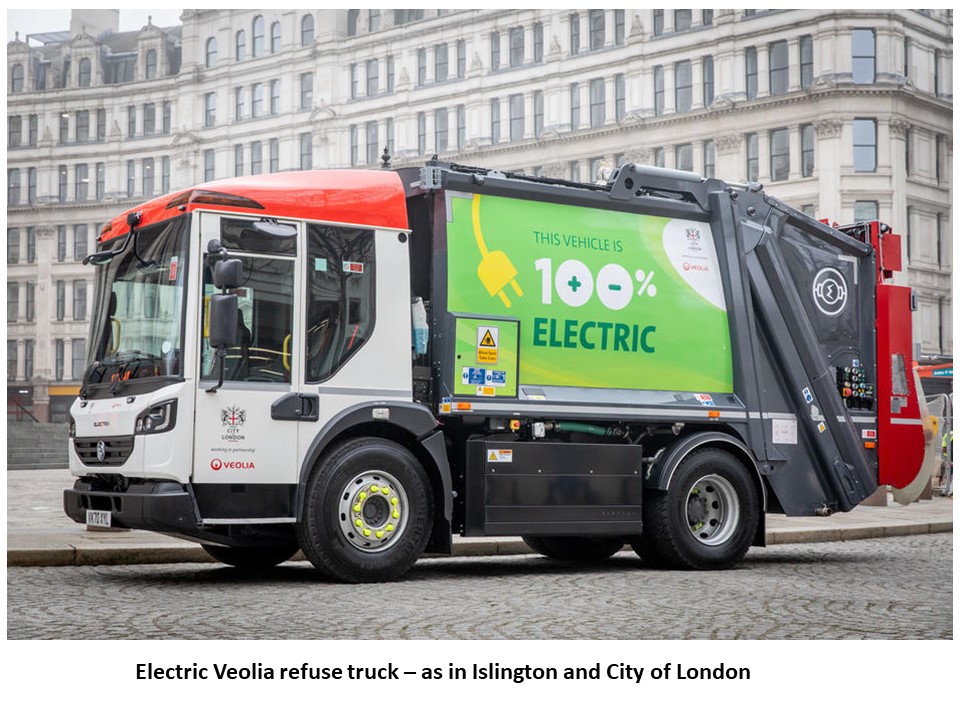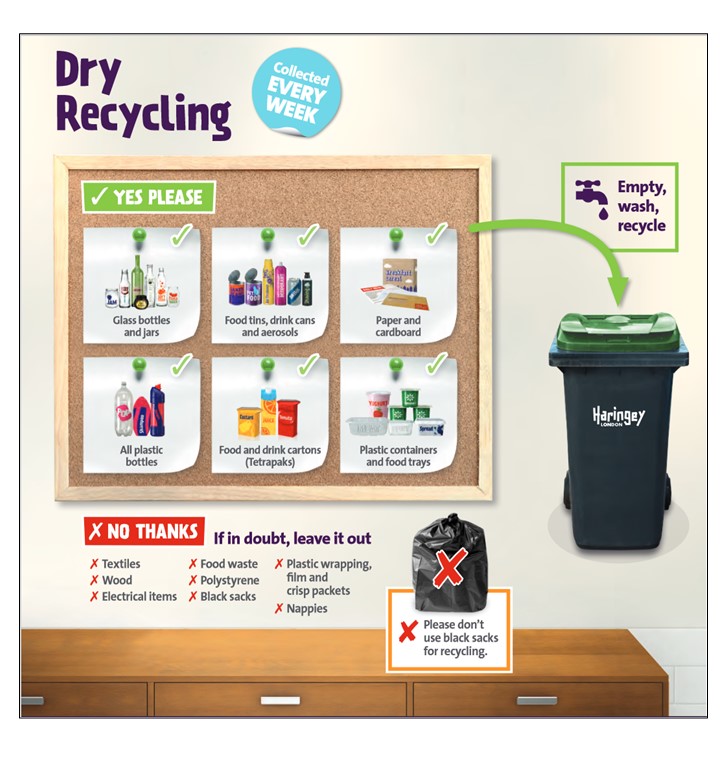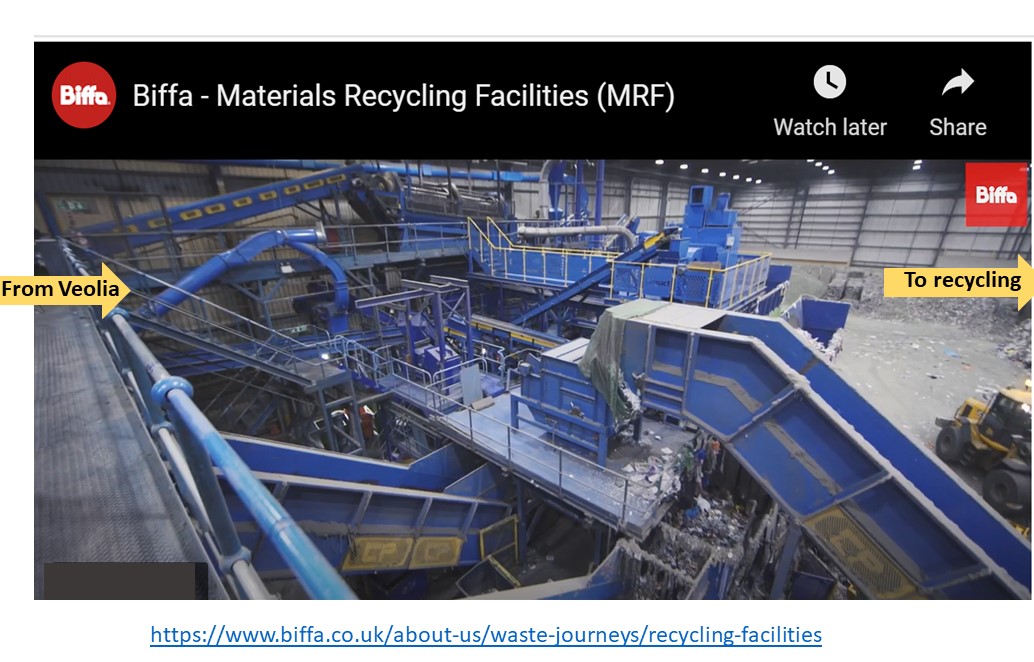The Conservative Manifesto 2019 (p43) promised to introduce a deposit return scheme (DRS) for plastic and glass; an extended producer responsibility scheme (EPR) and to ban the export of plastic waste to non-OECD countries.
Defra’s Waste and Resource Effciency Fact Sheet details how the Environment Bill, in passage has been designed to enable the Deposit Return Scheme and Extended Producer Responsibility scheme, in conjunction with Consistency in Recycling, to make massive improvements to the handling of recycling and waste across England. The Environment Bill’s current version mandates that all English Waste Collection Authorities will collect these six separate recycling streams:
•glass
•metal
•plastic
•paper and card
•food waste
•garden waste
There may be exemptions for Local Authorities to collect some ‘co-mingled items, by agreement with the Secretary of State if ‘it is not technically or economically practicable to collect separately, or if there is no significant environmental benefit from separate collection’. The Bill also provides powers to the Secretary of State to add new recyclable waste streams through regulations later. A new waste stream could be mandated if it is suitable for recycling or composting and there is a market for it after collection.
Beyond the Environment Bill
The proposals to build on the Environment Bill in line with the election promises to include:
- Dry Recycling changes – moving away from co-mingling dry recyclables because ‘Evidence shows that recyclable waste streams that are collected separately from other recyclable waste streams and residual waste are of a higher quality than those collected in a co-mingled system and fetch higher prices on secondary materials markets’. The proposal is for foil, foil trays, metal aerosols cans, metal jar lids and aluminum tubes to be put in the metal stream (with householders told to put heavily soiled items in residuals and advised how to empty aerosols safely). Eventually plastic film and flexible packaging could be collected in a new stream, but initially will be in the plastic stream together with more front of store collections.
- Food and Drinks Containers and Cartons – ‘the majority of food and disposable drink cartons are exported or treated as non-target material and disposed of as residual waste. Both aseptic and chilled cartons are, however, recyclable and end markets exist for these 9 materials’. 70% of drinks containers are put into the kerbside recycling collection currently, but the calculation of the DRS Impact Assessment is that this will be reduced to only 7% and that 85% will be returned for deposit – leaving only 8% that may be put in black bags’. It is proposed to move cartons from the card stream to the plastic stream. (as UK paper mills typically do not want to receive laminated materials).
- Food Waste – The Bill also expects ‘food waste to be treated through anaerobic digestion or In Vessel Composting (IVC) rather than Mechanical Biological Treatment (MBT) processes’. Food waste will need to be collected at least weekly, separately from other household waste and from the dry recyclable waste, using free caddy liners, and sent for recycling or composting.
- Garden Waste – The current Environment Bill version will require that garden waste is collected in a separate stream, and the Consistency consultation proposes that this is at no cost to the householder – unless an exemption has been obtained to collect it with food waste.‘The collection of garden waste for recycling or composting has several benefits, including job creation and diverting the material from residual waste streams where it can end up in landfill and release harmful greenhouse gases. The recycling of garden waste also generates compost or digestate, contributing to a more circular economy’ and ‘a free garden waste collection delivers carbon savings’ based on ‘a 25% increase of garden waste tonnage collected for recycling, shifted from residual waste’.
The cost to Local Authorities
The cost of ‘new burdens’ is to be covered by Government – including up front transition costs and ongoing operational costs. For instance the ‘Government will ensure that local authorities are resourced to meet any new burdens arising from this policy’. Though investment will be needed in new machinery for LAs that do not currently collect and handle plastic film, this will be paid for by the Extended Producer Scheme.
Timescale
The timescale proposed is aligned to the timescale of the Extended Producer Responsibility, due in a phased approach from Oct 2023, with plastic film up to 2027 in some instances and some exemptions up to 2030, eg where there are fixed contracts for unsuitable machinery.



